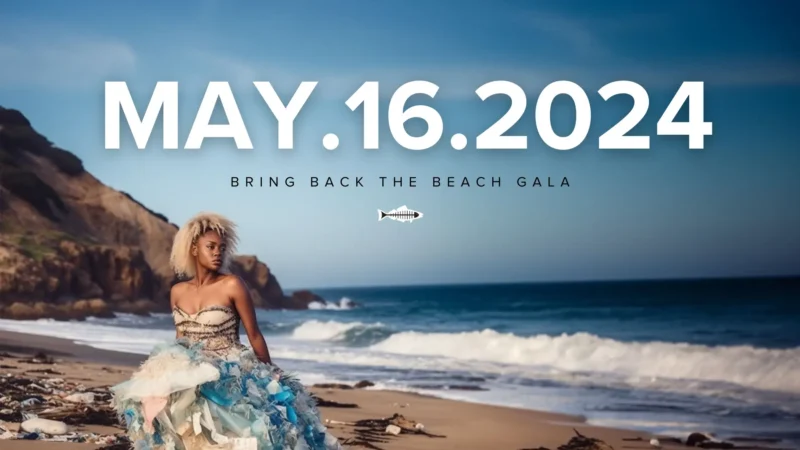Shark Killing Is Not Made-for-TV Entertainment
It was hard to ignore the front page news that a world-record breaking-size mako shark was caught this week just off our shores in Southern California. Here, Jose Bacallao, diver of 20+ years and the Operations Manager at Heal the Bay’s Santa Monica Pier Aquarium, provides his take on the ethics of this recent shark hunt.
The 1,323-pound mako shark caught off our coast this Monday near Huntington Beach—possibly the largest on record– was reeled in not for food and definitely not for scientific study. A crew filming a reality series for the Outdoor Channel hooked this mako. Therefore, the 12-foot-long shark was sacrificed merely for commercial entertainment purposes.
I am not arguing that the crew who caught this shortfin mako violated any California laws. They were within their full legal rights to do it. In fact they could have legally have done it twice that day, as that’s the limit. And maybe they should have killed two mako sharks, because it would have pointed out just how asinine and ignorant this killing was. Landing this giant mako shark is unintelligent, but it would best be called unethical. There is no reason to hunt this fish unless you are planning on eating it, which these men did not do.
Also disappointing was how the mako catch was portrayed by the members of the media, who allowed Jason Johnston, one of the men who caught the shark, to describe the mako as “definitely a killing machine” without disputing this notion. In reality, in the real world, mako sharks are not a threat to people. Using terms such as “killing machine,” “man-eater” or “monster” is tragically misleading. I have been in the water with mako sharks and I don’t agree with this assessment. It is unfounded and lacks any rationale. The mako does not treat humans as prey.
Another of Johnston’s comments that went undisputed in initial media reports of the mako catch was: “There are not that many sharks being taken out of the water. It’s not hurting the population. If we pull four fish out of the water per year, that’s just four.” This is both inaccurate and illogical. There is overwhelming evidence that global shark populations have been decimated by years of fishing pressure.
This impact along with the ongoing shark finning industry is altering the ocean’s ecosystems. Thank you for the math lesson, Jason Johnston. Clearly, you miss the point. The 1,300 lbs mako could have produced, not four, but dozens of new shark pups. It takes many, many years for these large predators to reproduce. Now that you killed her, for TV viewing entertainment, she will not be able to provide the much-needed contribution to her depleted species. Your hunt, which you did not eat, has removed one of the last few giants out of the ecosystem.
So what exactly were these guys thinking? Apparently the crew has plans to donate the shark’s body for scientific research. Are you kidding me? Donating it to science, really? Your effort, killing this mako shark, is benefiting the scientific community? Please educate me on this strategic plan. Explain to me how you are contributing to the conservation of the species? Give me a break, bro.
I invite these gentlemen to spend a few minutes in the water with a mako shark and me. Get educated and have an understanding as to what this animal actually is. You can reach me at Heal the Bay’s Santa Monica Pier Aquarium.
You can spend a few minutes getting to know the misunderstood shark at Heal the Bay’s Santa Monica Pier Aquarium on Shark Sundays at 3:30 p.m.



